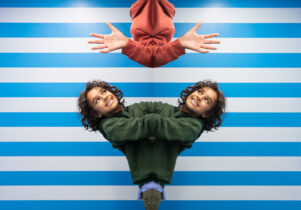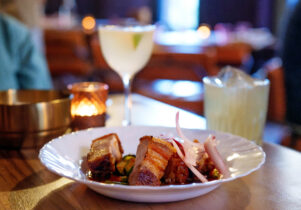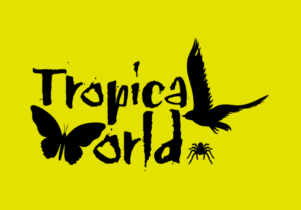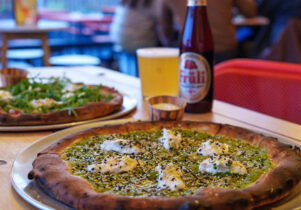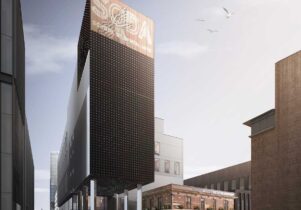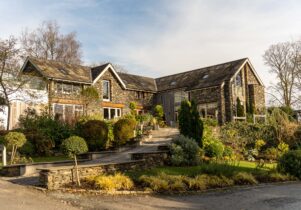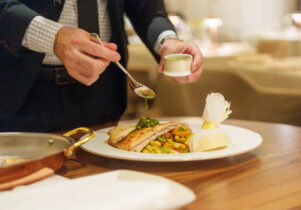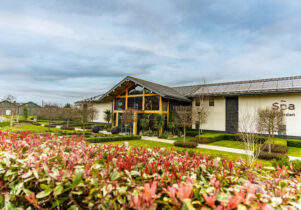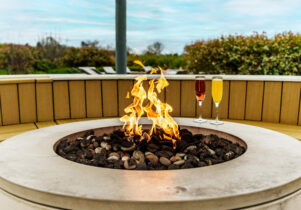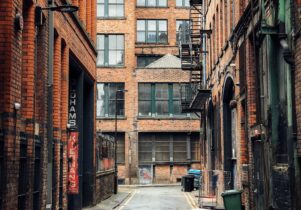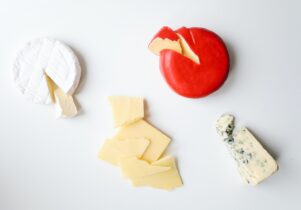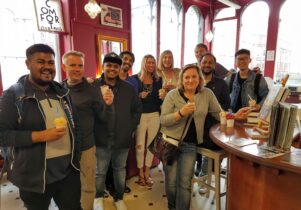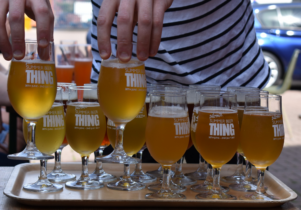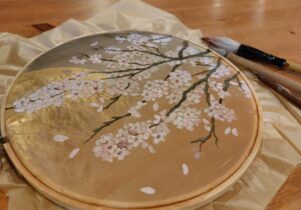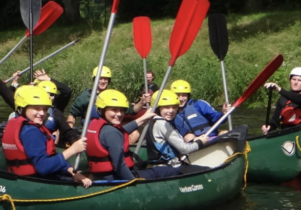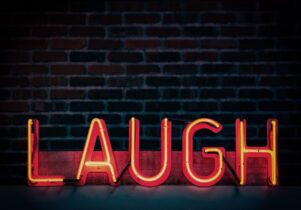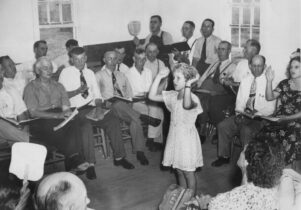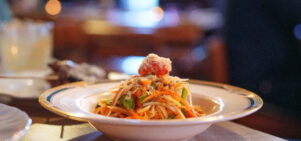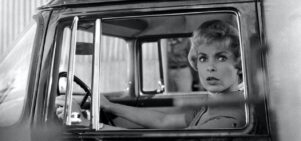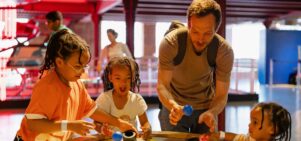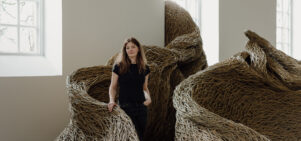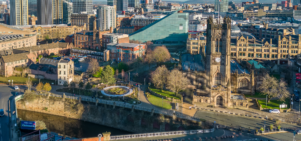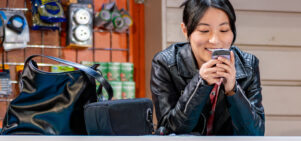Transport: How can I be a good citizen of the world? – part of Manchester Science Festival 2021
Creative Tourist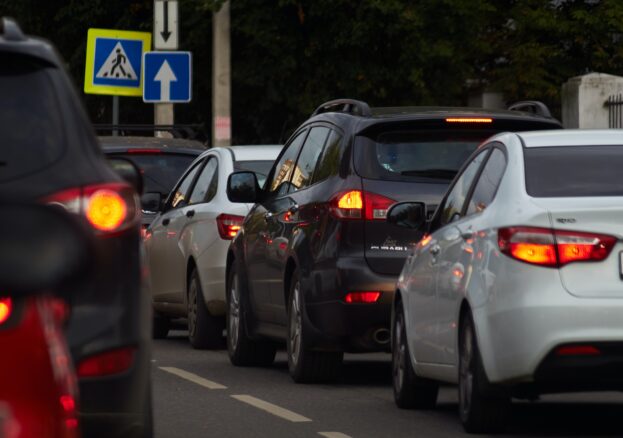
In the first part of a series of online festival talks entitled “How Can I be a Good Citizen of the World?”, physicist Helen Czerski puts the future of transport and travel under the microscope.
Our transport system was never designed for today’s world, and it’s often inefficient, polluting and time-consuming; a patchwork of partial solutions from different times in history. Join the discussion to see how the future of transport is going places.
It’s almost certain that we’ll travel differently in the future, but should we also travel less? In this event, 2020 Royal Institution Christmas Lecturer, Helen, will look at how we got here, what we should do next and which vehicles are really going to carry us into the future.
We live on a big planet and we are a social species, but until relatively recently, the only way to have a conversation with anyone outside our own home was to move to their location – on foot or on horseback, to start with, then by bike or boat, car or bus, plane or train. The Liverpool and Manchester Railway, a public carrier of both passengers and freight, was the first modern railroad and the first inter-city service in the world, triggering a transformation in trade, travel, technology and time and making Manchester the international symbol of a revolutionary new age. It opened in 1830, not all that long ago, and the world’s oldest surviving passenger railway station is part of the Science and Industry Museum.
The pandemic notwithstanding, travel is world-changing, allowing us to visit far-flung places and to see friends and family in distant countries. But our transport system was never designed for today’s world, and it’s often inefficient, polluting and time-consuming; a patchwork of partial solutions from different times in history. Join the discussion to see how the future of transport is going places.
In the second “How Can I be a Good Citizen of the World?” talk, join Helen Czerski as she looks at equality in the context of climate change. In the third, she’ll be chewing over the ethical and climate costs of the food we buy.
Part of Manchester Science Festival 2021.
